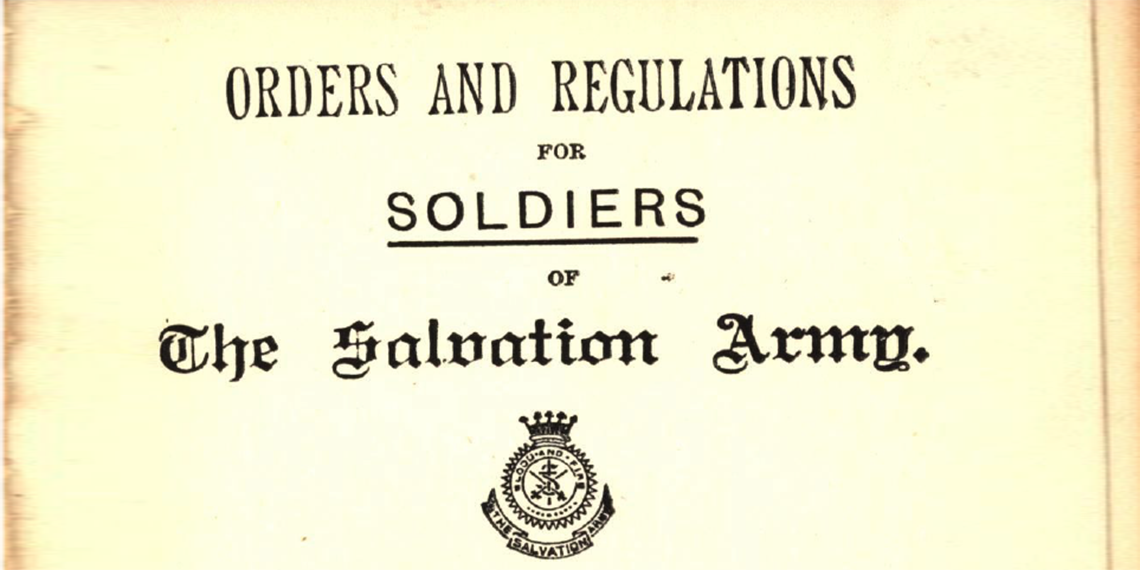You are here
Wesleyan Methodism

The essence of Wesleyan teachings is in the four cardinal points of early Methodist doctrine: All people need to be saved; All people can be saved; All who are saved can know they are saved by the Holy Spirit; and All who are saved can go on to Christian Perfection. These doctrines are set forth in The Salvation Army's Eleven Doctrines, the first in doctrine five, the second in doctrine six, the third in doctrine eight and the fourth in doctrine ten. The similarity between the doctrinal stance of The Salvation Army and Wesleyanism was affirmed in 2003 when the joint conference passed a motion acknowledging that the two communions are both rooted in the historic Wesleyan tradition of saving faith in Christ, committed to the proclamation wherever people are found, and have a shared concern for holiness of life.
Wesleyans and Salvationists stand virtually alone in requiring of their membership adherance to rules of conduct. British and Australian Methodists produced their Book of Rules, American Methodists their Book of Discipline, and Salvationists their various Orders and Regulations. To be an army implies discipline. Thus The Salvation Army, which has soldiers rather than members is strong on discipline - not only in its administration but also and perhaps primarily in its standards for its soldiers.
It has been suggested that Salvationists are Methodists in military garb. Whether or not this is so, it is clear that Salvationism stands in the rich tradition of its Wesleyan predecessor, that is has imbibed its spirit and embraced its essential doctrines and that it continues to pursue the type of ministry undertaken by Wesleyans. Like Methodism, the Army was born not in protest or in opposition to any other denomination but in the spirit of revival and evangelism. The two movements embraced an evangelical Arminianism which compelled them to exclaim with Charles Wesley, O that the world might taste and see the riches of his grace; the arms of love that compass me would all mankind embrace. In this Wesleyans and Salvationists are one.